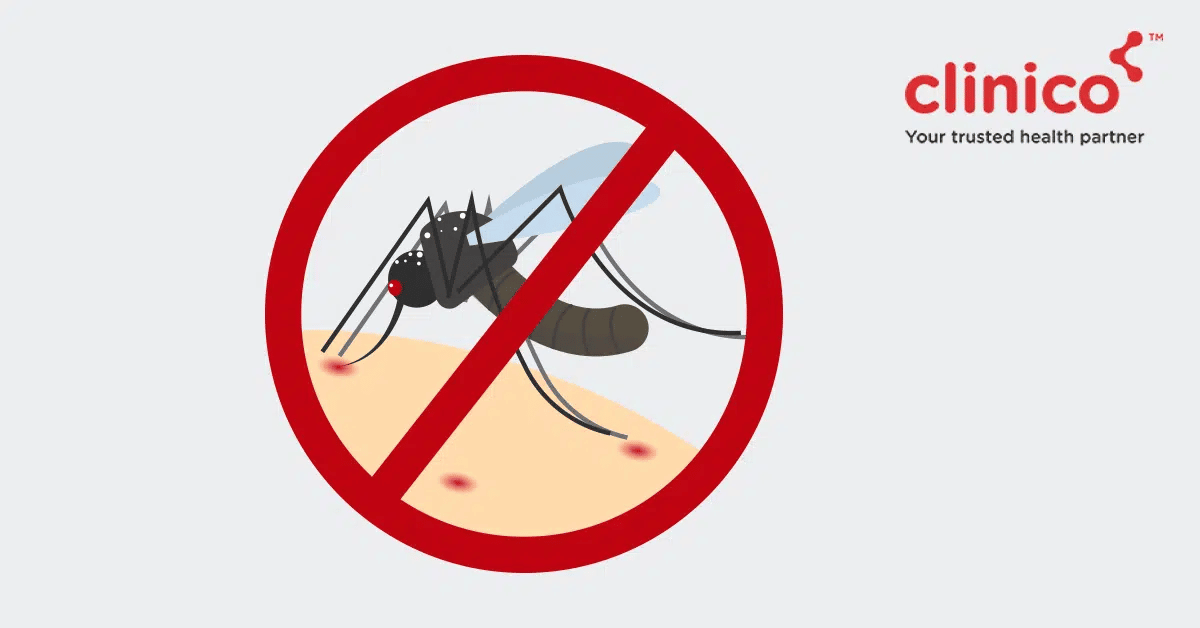
What is Malaria?
Malaria is a potentially deadly disease that is caused by parasites and is transmitted to humans through the bite of an infected female Anopheles mosquito.
Around 210 million people are infected with malaria every year, out of which an approximate 4.5 lakh die due to it, with young children among the most vulnerable victims who succumb to this disease.
How common is Malaria?
Malaria is common in tropical areas which have a hot & humid climate. Cases are primarily found in the regions of Africa and South Asia.
What causes Malaria?
Five species of Plasmodium (single-celled parasites) are responsible for causing malaria in humans. These parasites are transmitted through female Anopheles mosquitoes who bite humans and transfer the parasite into their bloodstream.
In rare instances, pregnant women infected with malaria may transfer the disease to their babies before or during birth. Also, in extremely rare cases, malaria may get transmitted via blood transfusions, organ donations & hypodermic needles.
What are the symptoms of Malaria?
The common symptoms of malaria include:
- High fever
- Shaking chills
- Headache
- Vomiting & nausea
- Diarrhoea
- Abdominal pain
- Intense sweating
- Muscle pain
- Bloody stools
How to prevent Malaria?
When travelling to or living in an area where malaria is a common disease, it’s well-advised to consult your healthcare provider regarding medications to prevent malaria. Consuming these medications before, during & after your stay in the area can help avoid a potential bout of this disease.
Other effective ways to reduce your chances of contracting malaria include:
- Wearing long pants and full sleeves apparel to cover your skin
- Applying mosquito repellent comprising DEET (diethyltoluamide) to exposed skin
- Placing mosquito nets over beds
- Treating mosquito nets, sleeping bags, tents and other clothing with an insect repellent named permethrin
How is Malaria diagnosed & treated?
Diagnosis of malaria is conducted by taking a blood sample and inspecting it for the presence of malaria parasites. The healthcare provider may enquire about the symptoms you are experiencing and any recent travel history.
The blood test results will help diagnose the presence of malaria and the type of parasite causing the symptoms. Depending on this information, the healthcare provider will chart out the course of treatment to be undertaken to treat the disease.
He/she will prescribe suitable medication for killing the malaria parasite that is causing the symptoms.
Conclusion
Despite malaria being a potentially fatal disease, it can be completely cured with appropriate treatment. The crucial factor here is the early detection of the disease and subsequent treatment carried out by a certified health professional.
Hence, it’s highly recommended to get a malaria test done at the earliest on experiencing related symptoms.
If you or any of your loved ones are experiencing any disease-related symptoms, then schedule a diagnostic test at your nearest Clinico Diagnostic Centre!
Schedule Your Test by Contacting us 24×7 on 9504555555.
FAQ’s
de Koning-Ward, Tania F., et al. “”Plasmodium species: master renovators of their host cells.”” Nature Reviews Microbiology 14.8 (2016): 494-507.
https://www.nature.com/articles/nrmicro.2016.79
Dorman, David C. “”Diethyltoluamide (DEET) insect repellent toxicosis.”” Veterinary Clinics of North America: Small Animal Practice 20.2 (1990): 387-391.
https://www.sciencedirect.com/science/article/abs/pii/S0195561690500339

